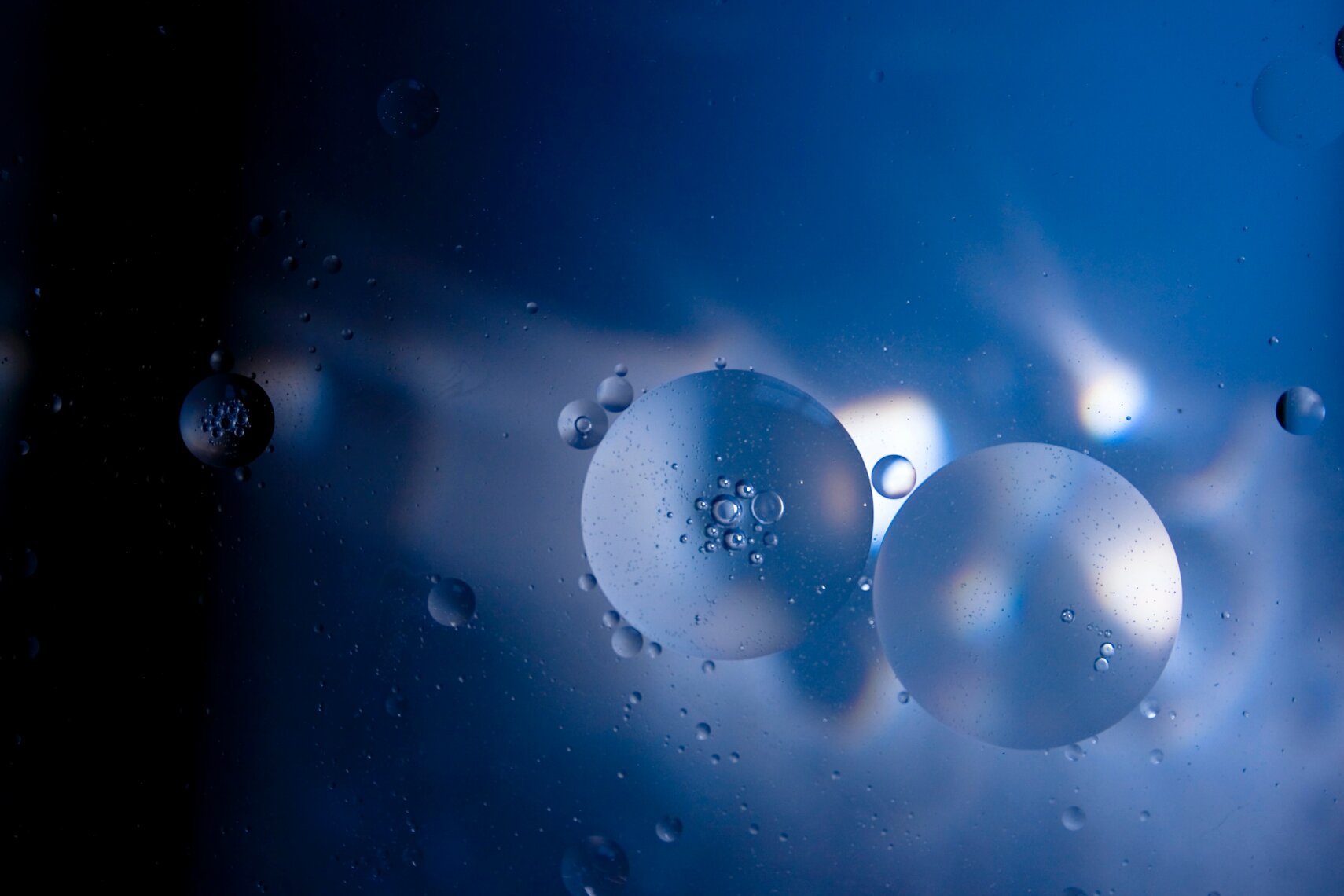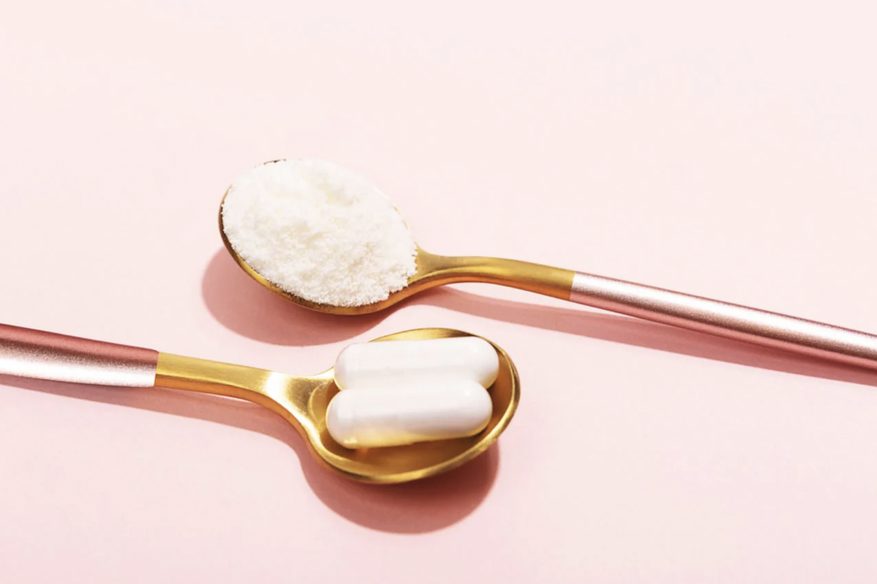 What’s the Difference Between Collagen Peptides and Hydrolyzed Collagen?
What’s the Difference Between Collagen Peptides and Hydrolyzed Collagen?
Non-Hydrolyzed Collagen
Non-Hydrolyzed Collagen, also known as unhydrolyzed collagen, represents collagen protein in its natural, unaltered state, without undergoing the process of hydrolysis. Unlike hydrolyzed collagen peptides, which are broken down into smaller, more easily absorbable chains of amino acids, non-hydrolyzed collagen retains its original form and structure. This unprocessed collagen can be found in various sources, including foods like bone broth, and serves both dietary and medical purposes.
In its non-hydrolyzed form, collagen can be consumed through collagen-rich foods such as bone broth, which has gained popularity for its potential health benefits. Additionally, non-hydrolyzed collagen finds applications in the medical and surgical fields, where its intact structure is valuable for procedures like bone grafts, cosmetic surgery, and wound care. The choice between hydrolyzed and non-hydrolyzed collagen depends on specific dietary preferences and the intended use, with each form offering distinct advantages in terms of absorption and functionality.
 What’s the Difference Between Collagen Peptides and Hydrolyzed Collagen?
What’s the Difference Between Collagen Peptides and Hydrolyzed Collagen?
 What is Bone Health and How Can Collagen Peptides Support It?
What is Bone Health and How Can Collagen Peptides Support It?
 Collagen Peptides: Support Your Skin the Nutritional Way
Collagen Peptides: Support Your Skin the Nutritional Way
 Does Ethnicity Affect How Our Skin Ages?
Does Ethnicity Affect How Our Skin Ages?



